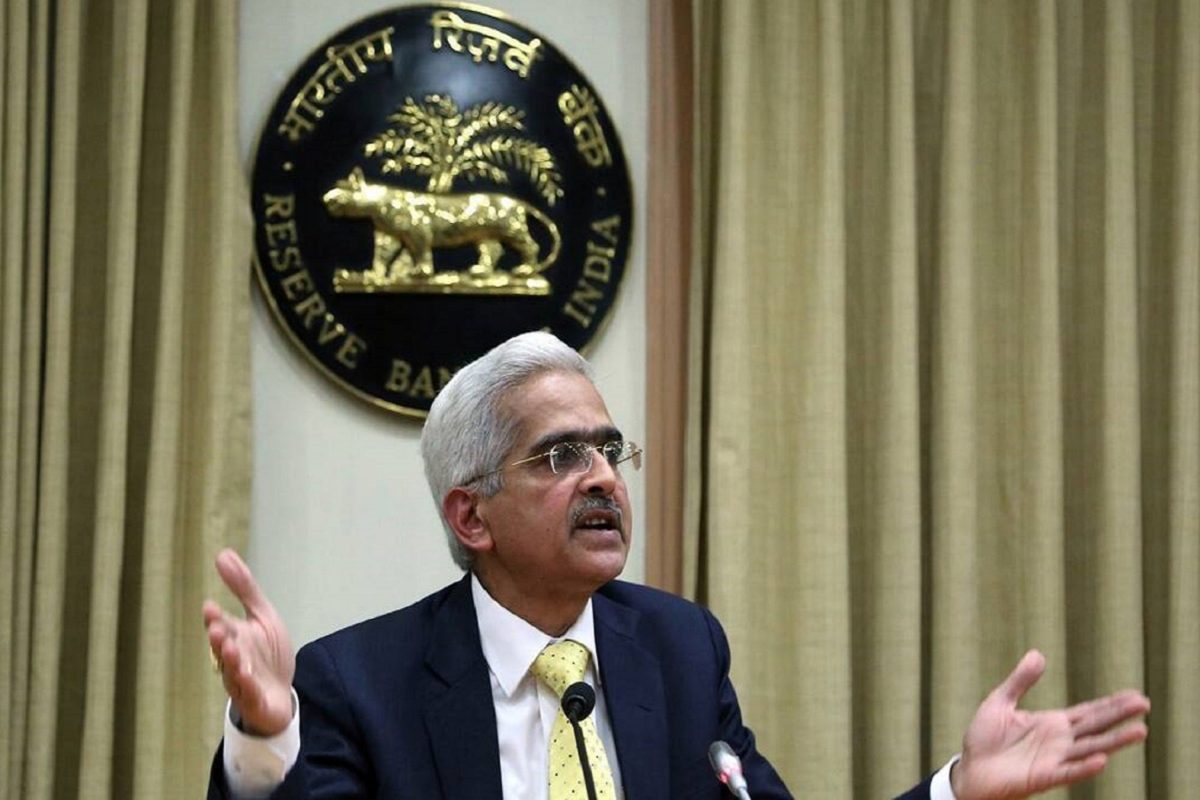RBI Slashes Crypto: Is It the Beginning Of Cryptocurrencies’ End In India
The central bank of India (RBI) today, directed all the regulated bodies to not to provide services to any individual and business entities that use or deals in virtual currencies within a specified time period i.e. about 3 months.
RBI bans regulated entities to deal with crypto users
Reserve Bank of India (RBI) has barred the regulated entities including banks from providing services to any individual or business entity that deals with virtual currencies.
Today has been the first bi-monthly Monetary Policy Statement of 2018-19 of RBI, where the central bank has given a 3 months period to sever their ties with the entities using virtual currencies.
By sub-titling the section with “Ring-fencing regulated entities from virtual currencies”, RBI posted on its official website:
“Reserve Bank has repeatedly cautioned users, holders and traders of virtual currencies, including Bitcoins, regarding various risks associated with dealing with such virtual currencies. In view of the associated risks, it has been decided that, with immediate effect, entities regulated by RBI shall not deal with or provide services to any individual or business entities dealing with or settling VCs. Regulated entities which already provide such services shall exit the relationship within a specified time. A circular in this regard is being issued separately.”
The central bank has repeatedly cautioned the holders, traders and users of bitcoins among other virtual currencies and now have taken this stance to protect the consumer’s interest and control money laundering as mentioned:
“Virtual Currencies (VCs), also variously referred to as cryptocurrencies and crypto assets, raise concerns of consumer protection, market integrity and money laundering, among others.”
Also, read: Indian Bitcoin Companies Found Loophole to Accept Cryptocurrencies
RBI is interested in blockchain & considering central bank digital currency
However, RBI supports blockchain technology and its development for maintaining higher levels of transparency:
“Technological innovations, including those underlying virtual currencies, have the potential to improve the efficiency and inclusiveness of the financial system.”
Well, the central bank is only taking a step against the existing cryptocurrencies and like many other countries, RBI also sees the potential of digital currencies and is contemplating creating it’s very own:
“Rapid changes in the landscape of the payments industry along with factors such as emergence of private digital tokens and the rising costs of managing fiat paper/metallic money have led central banks around the world to explore the option of introducing fiat digital currencies. While many central banks are still engaged in the debate, an inter-departmental group has been constituted by the Reserve Bank to study and provide guidance on the desirability and feasibility to introduce a central bank digital currency. The Report will be submitted by end-June 2018.”
Now, as a result of RBI cryptocurrency crackdown, you won’t be able to buy cryptos with your banks or e-wallets as money won’t be transferable from your savings account to your crypto wallet.
Looks like, with India’s central bank discouraging the crypto usage, it’s pretty much the end of the things. But for the optimists out there, you might get to see a centralized digital currency soon.
Do you think RBI cryptocurrency clampdown has triggered the beginning of cryptocurrencies end in the Indian market?
- Breaking: U.S. CPI Inflation Falls To 4-Year Low Of 2.4%, Bitcoin Rises
- Bitget Launches Gracy AI For Market Insights Amid Crypto Platforms Push For AI Integration
- BlackRock Signals $257M Bitcoin and Ethereum Sell-Off Ahead of Partial U.S. Government Shutdown
- XRP News: Jane Street Emerges Among Key Institutions Driving XRP ETF Inflows
- Bhutan Gov. Dumps More Bitcoin Amid $410M Institutional Sell-Off in BTC ETFs
- Bitcoin Price Outlook As Gold And Silver Lose $3.6 Trillion in Market Value
- XRP and Ethereum Price Prediction as Trump Seeks to Lower Key Tariffs
- Solana Price Prediction as $2.6 Trillion Citi Expands Tokenized Products to SOL
- Bitcoin Price Could Fall to $50,000, Standard Chartered Says — Is a Crash Coming?
- Cardano Price Prediction Ahead of Midnight Mainnet Launch
- Pi Network Price Prediction as Mainnet Upgrade Deadline Nears on Feb 15

















